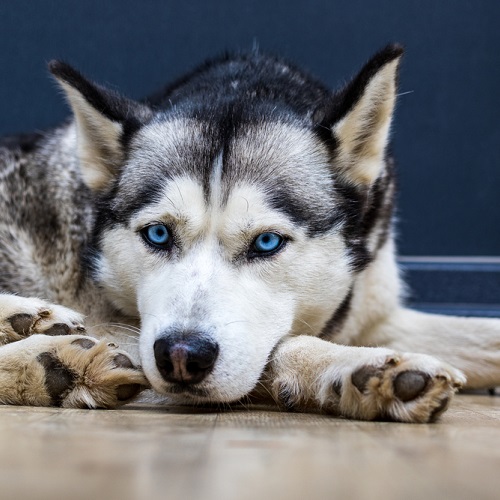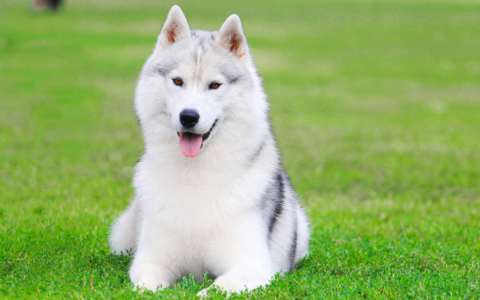Okay, here is my blog about the Siberian husky eye problems, written in a personal, conversational tone, just like the example provided:
So, I’ve been noticing something up with my Siberian husky, Max. He’s a good boy, always full of energy, loves his walks, you know, the usual husky stuff. But lately, I started seeing him squinting a bit more than usual, especially when we were outside in the bright sunlight. It got me a little worried, so I did what any responsible pet owner would do – I started observing him more closely.

At first, I thought maybe it was just the sun, but then I noticed some redness around his eyes. It wasn’t severe, but it was definitely there. I also saw him pawing at his eyes occasionally, which he never used to do before. That’s when the alarm bells started ringing in my head. I mean, I’ve heard that huskies can have some eye issues, but I never really paid much attention to it until now.
I decided to do some digging online. You know, just to get a general idea of what could be going on. I read through a bunch of articles and forum posts about Siberian husky eye problems. Turns out, they can be prone to a few different things, like cataracts, glaucoma, and some other complicated-sounding conditions. Honestly, it was a bit overwhelming, and I started to freak out a little.
After my little online research session, I decided it was time to call the vet. I booked an appointment for Max, and we went in a couple of days later. The vet was super nice and did a thorough check-up on Max’s eyes. She used some fancy instruments to look deep into his eyes and also checked the pressure inside them.
The Vet Visit
- First, She use some kind of light to check his eyes.
- Then, she use some drops in Max’s eyes.
- After that, she explained to me every details.
- Finally, she gave me some advice.
After the examination, the vet told me that Max had the early signs of cataracts. It wasn’t severe yet, but she said it was important to keep an eye on it (no pun intended!). She explained that cataracts are basically a clouding of the lens in the eye, which can affect vision. She recommended some eye drops to help slow down the progression of the cataracts and also advised me to make sure Max avoids excessive sun exposure.
I left the vet’s office feeling a mix of relief and concern. Relief because it wasn’t something super serious yet, and concern because, well, my furry friend was having some health issues. I immediately started following the vet’s advice. I got the eye drops and started administering them as instructed. I also became more mindful of when and where we went for walks, trying to avoid the brightest times of the day.
It’s been a few weeks now, and I think Max is doing a bit better. The redness seems to have subsided, and he’s not squinting as much anymore. I know it’s a long-term thing, and we’ll have to keep monitoring his eyes regularly. But I’m just glad I caught it early and took action. It just goes to show how important it is to pay attention to our pets and their behavior. They can’t always tell us when something’s wrong, so we have to be their advocates and take care of them the best we can. After all, that is my boy!






